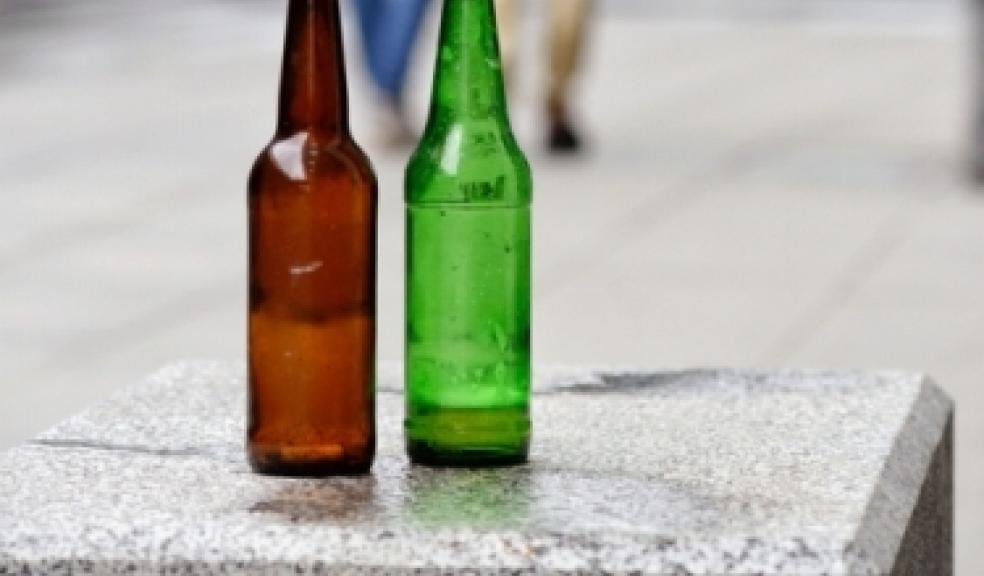
Council unveils plan for reducing alcohol related problems in Plymouth
Reducing the harm caused by alcohol is the key aim of a new five year plan for Plymouth being considered by Plymouth City Council’s cabinet on 6 August 2013.
The Strategic Alcohol Plan aims to change attitudes towards alcohol and prevent problems developing, support those in need and create a safer, more vibrant city.
The objectives are to:
- Reduce the rate of alcohol attributable hospital admissions,
- Reduce levels of harmful drinking by adults and young people,
- Reduce alcohol related violence,
- Reduce alcohol related anti-social behaviour,
- Reduce the number of children affected by parental alcohol misuse.
The plan brings together key agencies in the city who will work together to tackle these issues, promote responsibility and minimise harm.
The cost of alcohol related harm within Plymouth is estimated at £80 million a year including, for example, health costs, crime, unemployment and children affected by misuse.
Cabinet Member for Public Health and Adult Social Care, Councillor Sue McDonald said: "Alcohol plays a role in life for many of us and for the city. The reality is, it’s part of our culture – we celebrate occasions with it, we relax with it and our night time economy exists largely because of it. However, as with everything in life, there is a balance to strike.
“One of the key challenges will be to balance the potential benefits of alcohol in our local economy at the same time as minimising the harm that alcohol can cause to individuals, families and communities. For those people where alcohol has become a problem in their lives, it’s vitally important that we provide care and support for them. Educating young people so they are aware of the dangers of excessive alcohol use is also extremely important.”
The plan identifies four impact areas where action will be taken; Prevent, Protect, Treat, Enforce and Control.
- Prevent: giving high quality advice, information and support including programmes in schools and further and higher education.
- Protect: improving services to tackle parental alcohol misuse.
- Treat: redesigning and increasing alcohol treatment services.
- Enforce and Control: reducing alcohol related crime including recruiting a night time economy manager and supporting the work of the Best Bar None scheme.
Plymouth Director for Public Health, Debbie Stark said: “Alcohol is a significant public health issue in Plymouth. Many of our residents are drinking at levels that are harmful to their health and hospital admissions due to alcohol are rising year on year with almost 7,000 admissions to hospital during 2011/12.
"This strategic plan defines a strong partnership approach to addressing this challenge and I am confident that in working together we can reduce the harm and achieve a balance where alcohol plays a proportionate role in the city.”
Plymouth police commander, Chief Superintendent Andy Boulting added: “The misuse of alcohol has a big effect on so many people in all sections of our society. It can break up families, lead to issues with debt, cause significant health problems and, far too often, bring perfectly law abiding citizens into contact with the criminal justice system.
“So, it is important for all the organisations whose job it is to ensure the wellbeing of citizens, to work together to try and minimise the risks alcohol misuse pose to society. “If we can get people to understand how continued, heavy, misuse of alcohol will affect their lives and the lives of those around them then we have a real chance to reduce the impact it has on our society.”
The Department for Work and Pensions estimates the cost of alcohol related harm nationally is between £17 billion and £22 billion a year.













